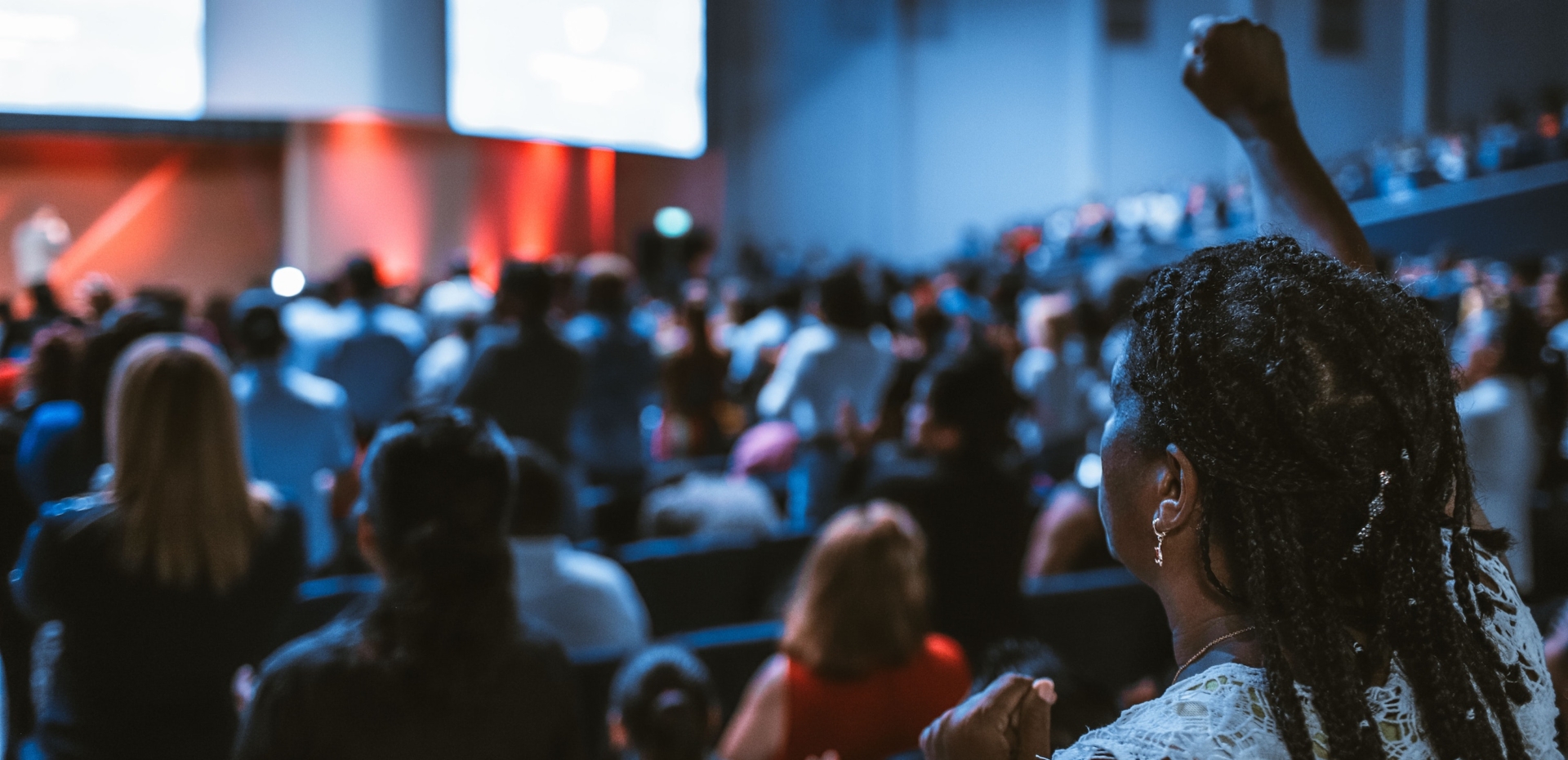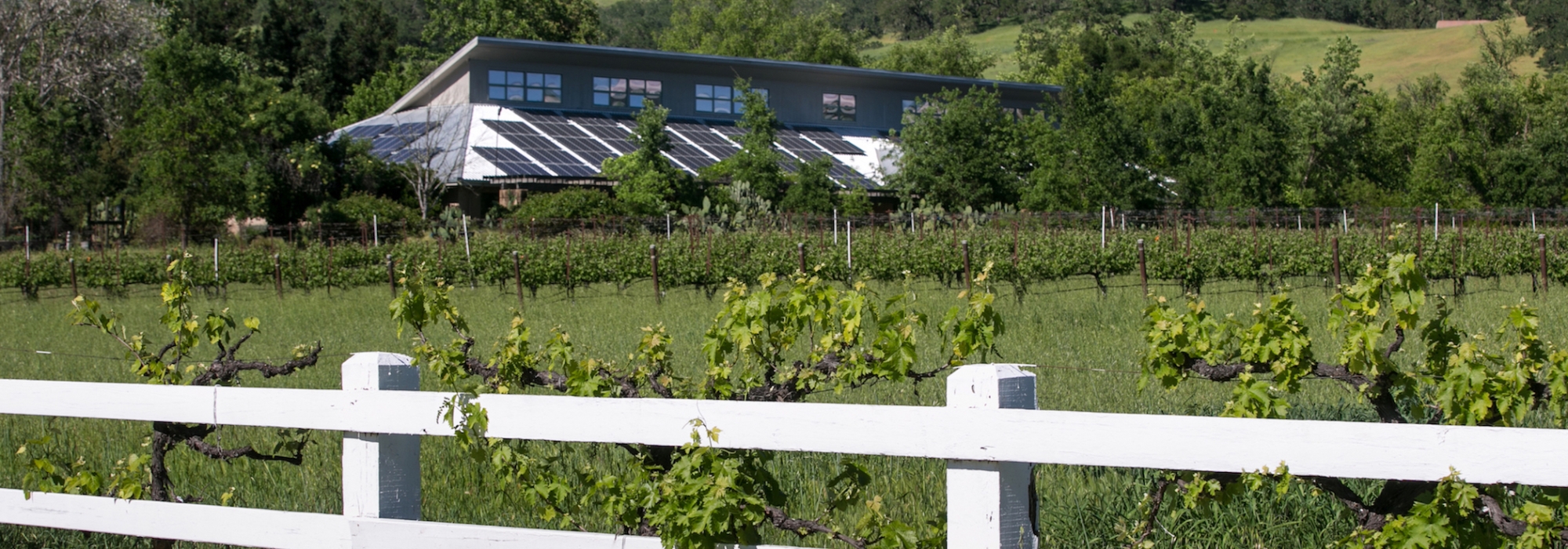Systems Change Through Business-Led Policy Advocacy
May 26, 2022
How People from Businesses of All Sizes Can Build a Stakeholder Economy and Drive Systems Change
Certified B Corporations and partner organizations can drive systems change to create a more inclusive and regenerative economy by helping to shape policy for long-term positive impact. In addition to sharing and modeling the benefits of a stakeholder economy and governance, B Corp leaders can advocate for policies that support and demand that business act as a force for good for all people.
To encourage more business leaders to find and use their voice for positive systems change, B Lab U.S & Canada hosted the policy discussion Business for Good: Speaking Up For Systems Change, during the recent Shift 2022 Virtual Impact Summit. With a history of supporting public benefit corporation legislation, B Lab has helped change how business leaders and board managers account for stakeholders rather than just shareholders, said B Lab U.S. & Canada CEO Jorge Fontanez.
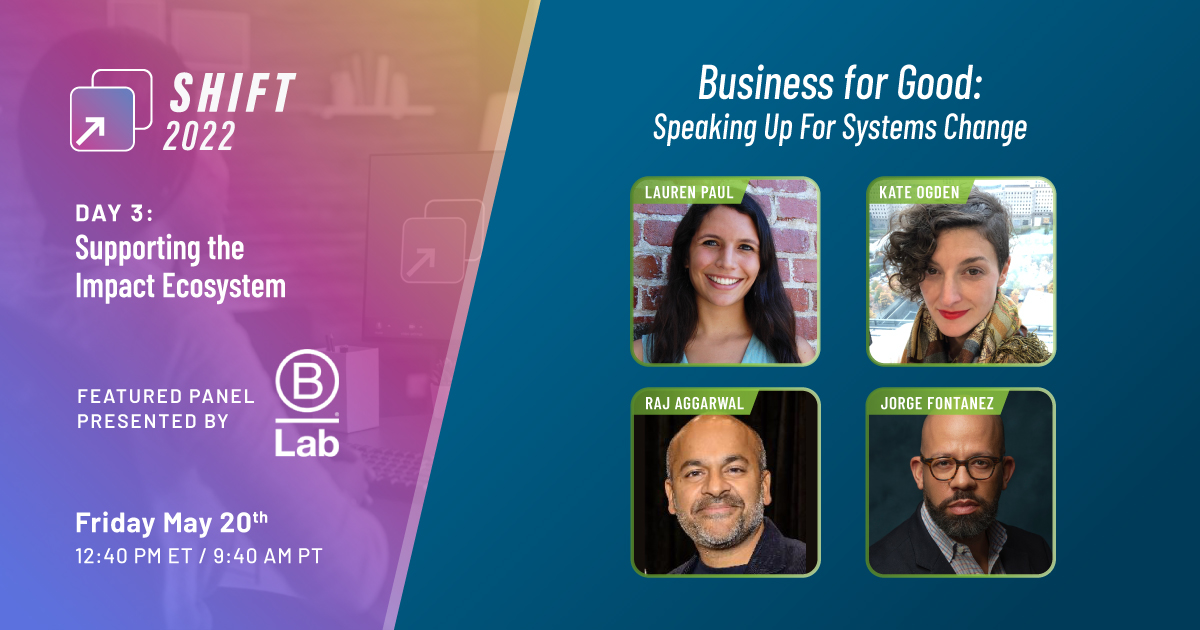
“We are building on that legacy of advocacy and changing legislation and really thinking about what is the next wave of policy change. In addition to governance as a focus, we are also advocating for climate justice and racial equity in our policy,” said Fontanez, who moderated the Shift 2022 conversation. The conversation featured:
- Lauren Paul, Director of Partnerships and Policy at Common Future, an Oakland, California-based organization that incubates, co-creates, and funds the work of community leaders who are developing promising economic innovations.
- Kate Ogden, Advocacy and Movement Building Manager at Seventh Generation, a Vermont-based B Corp and the nation’s leading brand of household and personal care products that help protect human health and the environment.
- Raj Aggarwal, President and Lead Strategist at Provoc, a B Corp and strategic marketing and communications firm specializing in outcome-driven design by and for people with offices in Washington, D.C., and Berkeley.
The speakers highlighted resources, examples, and tools that can help people at businesses of all sizes seize public platforms and share their thoughts to shape policy — especially people who traditionally have been excluded from these conversations because of structural barriers. In launching the conversation, Fontanez said: “There is a mindset of how business participates in lobbying. We want to walk away with what it means to be advocates for community change, first and foremost: How larger companies can lend power to stakeholders in this work, and how small businesses can be effective advocates for change.”
Keep reading for highlights from the Shift 2022 conversation and watch the full discussion here.
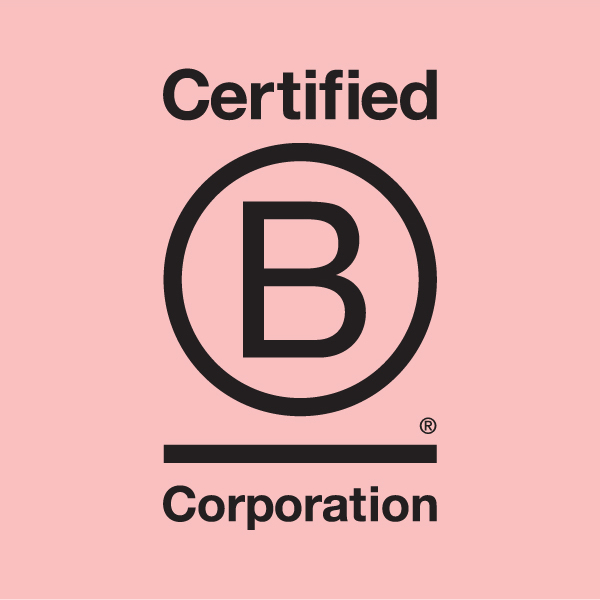
A Policy Call to Action for B Corps
Our movement is growing, but we must call on the federal government to do more to encourage more companies to create value for their entire community and the planet. This letter demonstrates the credibility and strength of the B Corp community to policymakers. It is a strong advocacy tool to promote the B Corps as a model for the future of business.
Fontanez: Let’s start with the current climate on policy advocacy. Do you agree that we’re in a window of opportunity for policy change? Why/why not?
Lauren Paul, Common Future: The communities that we all care about on this call need us to show up in this moment. That is the most important part of this work. With our policy incubator, what we’re really trying to do is change folks’ mindset around who is best positioned to create policy, advocate for policy, and receive recommendations for policy.
Consider who’s creating our policies for us. Oftentimes we forget there are a lot more folks involved in setting policy, and 89% of Senate committee staffers are white. These are the folks making recommendations to our officials. If we continue to operate in this system, without changing the who, we will never change how these systems operate. We ought to be spending a little more time thinking about that.
We’ve had enough of these people making these decisions about my community without understanding what we’re going through. We need to use our democracy for what it’s been built to do.
Kate Ogden, Seventh Generation: When I think about the urgency that we were all feeling, my fear in that moment is that we lose sight of the importance of how we move forward from this moment as opposed to what we do. Often, when we want to move quickly, we stop being collaborative and we don’t take the time to have the collaborative, inclusive process that needs to happen in order to center the best solutions. It takes a lot of work for us to be in the right relationship with each other, and if you shortcut that process, it doesn’t matter how quickly you get to the end result. That end result isn’t going to be the policy that you need.
A huge part of the way that Seventh Generation engages in policy change and policy advocacy is by following the leadership of our partner organizations in the climate justice movement, who are truly the experts in their lived experience and in the community-based solutions that are going to work for them. I look at an organization like the Just Solutions Collective, which has taken a huge amount of time and invested a ton of resources into creating policy building blocks. For example, what would a just, equitable 100% renewable energy policy look like at the state level?
So where are we? Who are we looking to to generate solutions? Whose solutions are we putting forward at the end? Who is at that table and helping to make those decisions?
Raj Aggarwal, Provoc: I hear from policymakers on a regular basis, what do our local businesses think about this work? We need to stay in the conversation. However, it’s pretty challenging for small businesses to be able to do this. What kind of support systems can you provide them to allow them to be able to do it? Are there other ways that they can show up? We’re just responding to the moment versus having critical infrastructure needed for consistent change.
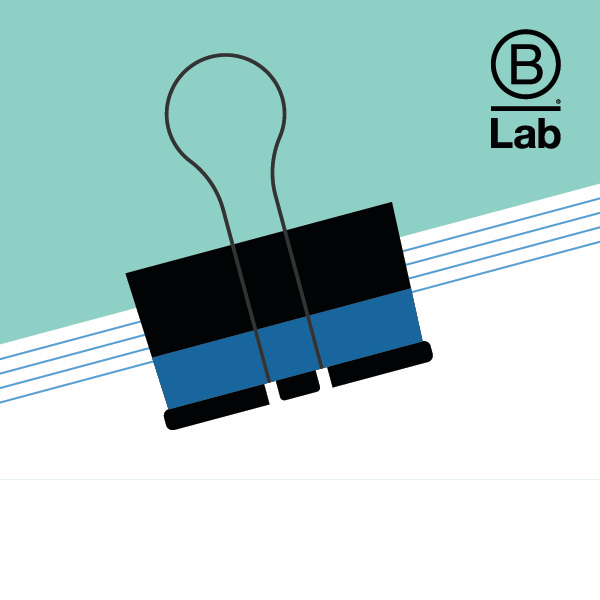
Stakeholder Capitalism
The Systemic Change Our Economy Needs
A new impact economy is being built, one where businesses prioritize and consider their impact on all the stakeholders they impact — including communities, workers, customers, and the environment. Download this free report to learn how the stakeholder model as practiced by B Corps is gaining global traction and validation.
Fontanez: How does your organization use its power to support on-the-ground experts and small business leaders in the community?
Paul, Common Future: When it comes to some of the other structural barriers that small businesses and their representatives might face, there are a number of ways to answer this question. One of course is resources. The smaller and more marginalized your business is — think about micro enterprises in BIPOC communities — the more likely you are to be working on very thin margins. You’re probably not even taking weekends off. We really need to be thinking about not only acknowledging those barriers but also finding creative ways to work past those barriers. For example, providing child care at town hall meetings so parents can attend. We just need a bit of empathy and compassion from our leadership to be able to create these inclusive structures.
There is a lot of perceived and very intentional language used by those in power that makes folks feel like they can’t participate because they don’t understand what we’re talking about. Policy can seem really intimidating to everyday folks. I’ll say I never saw myself in policy. I never saw myself in econ. These were just completely untouchable subjects to me growing up. Now that I’m here, it’s my duty to get really loud and tell people it’s actually not that hard. They’re trying to keep you out. We actually could be speaking the same language if we wanted to create conditions for inclusion.
At Common Future, we look for grounded, pragmatic leaders who are dedicated to just moving stuff. Oftentimes the folks who are best at getting stuff done are the folks who don’t have a choice about getting stuff done. The folks that are really good at dedicating themselves to an issue and being relentless advocates of those issues are those that have had lived experience of the adverse impact.
Ogden, Seventh Generation: Our advocacy model is partner driven. So when we think about the work that we’re going to do and the strategies that we’re going to set, we are not doing that in a unilateral way. We’re looking and reaching out to and talking to in pretty much constant communication with a network of advocacy organizations that are on the ground doing the work to understand what are their goals, what are their strategies? What can we give that is additive to the work that they are leading?
That can look different depending on the work and depending on that organization, but it usually falls into a few broad workstreams. On the issue of climate justice, we have done a lot of work with the New York Renews coalition over the past several years. In that work, they want to have a strong business voice at the table. And so a major part of that workstream is how we are showing up loudly as Seventh Generation in support of their goals and organizing other members of the business community to join us in that.
There have been other partnerships where Seventh Generation has been almost entirely in the background. In 2019, we worked closely with the coalition that was organizing around the global climate strike in the U.S. They came to us and said we want to make very clear that this is a multiracial, multigenerational movement for climate justice, and we are having a hard time reaching beyond the membership base of the organizations that are part of this coalition. We were able to give them a week’s worth of television airtime and help them create a 30-second commercial that ran during Good Morning America about the climate strike and the reasons behind it, featuring and lifting up the voices of the people in the movement. Seventh Generation doesn’t appear in the ad. Our logo isn’t in it. We gave that platform to our movement partners because that’s what the moment and the strategy required.
Sometimes the value is that you are a business. That’s part of what our partners are asking of us: to bring our business voice and influence to the table. And sometimes what we’re bringing is just a platform or access to an audience.
Aggarwal, Provoc: Businesses have been lobbying forever. And they haven’t advocated for things that have always been the things that we wanted them to do. So we have a real opportunity to do that at this time. They just don’t hear from us enough. Especially after the murder of George Floyd, we found in our communications work that so many organizations, especially white-led organization, had no idea what to say. And as a result of it, they don’t say anything.
The most powerful thing that you can do as a business is use your business voice to advocate for these policies. You don’t even have to put anything out through your own social media. You just show up in a meeting, you tell them who you are, and all of a sudden you have a lot more weight than someone else. That’s how we’re working within the system to transform the system. It’s particularly important for Black and Brown people to show up in these conversations.
We’ve had so much success in D.C. advocating for these things. We hope to pass benefit corporation legislation in the district with a unanimous vote. The person who’s leading that process actually brought in a few business owners about why benefit corporation legislation was so important. The response was: Why wouldn’t every business want to be a B Corp?
In D.C., we were able to pass paid family leave; we were able to pass the living wage certification. All these things were only possible because groups of businesses came together — legacy businesses and newer businesses. We passed legislation that allowed for us to create certification for a Made in D.C. program. We had more than 150 local small business owners show up to say “What this means for me as a business is you are acknowledging my livelihood and the reason that I exist.” And they never thought they could say that to a policymaker, or that a policymaker would give a shit. But they do!
Sign Up for our B The Change Newsletter
Read stories on the B Corp Movement and people using business as a force for good. The B The Change Newsletter is sent weekly.
